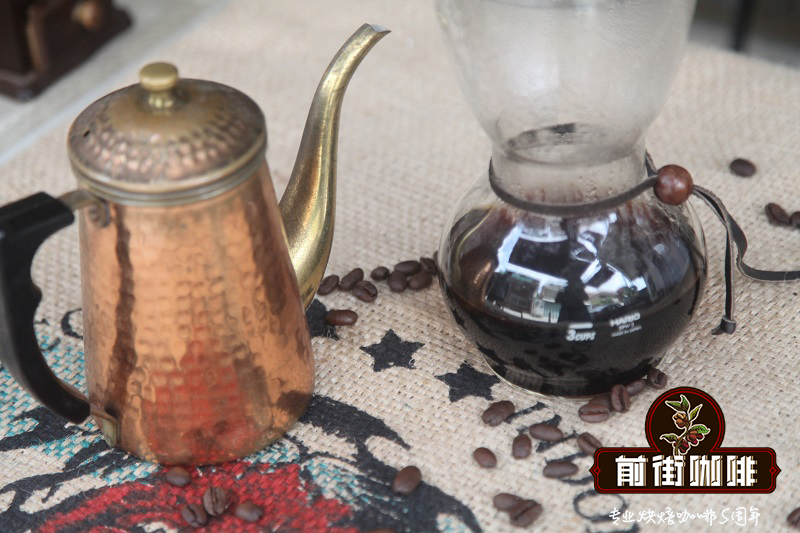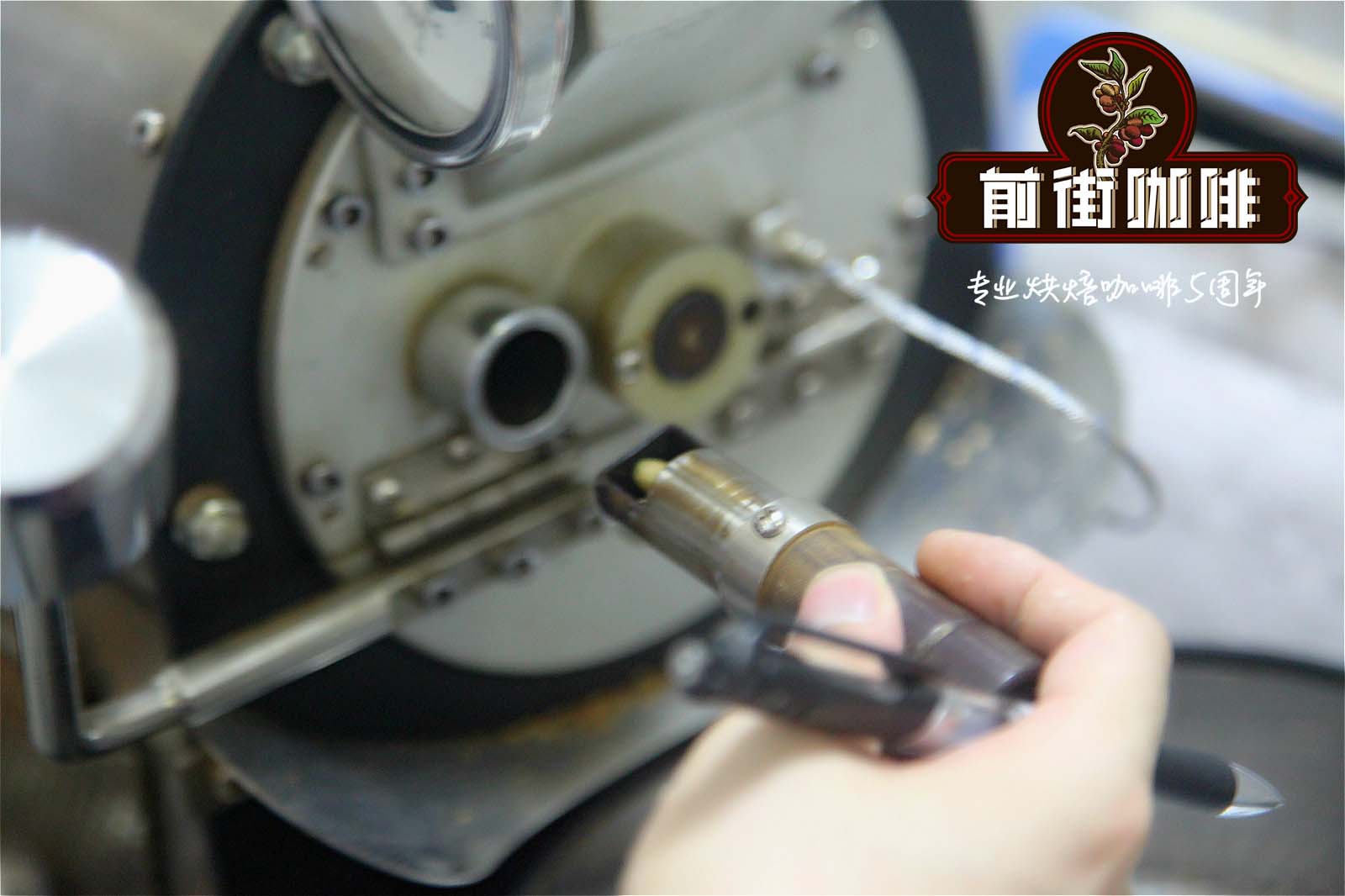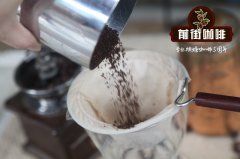What kind of coffee is good in Indonesia? Indonesian Cotton Gaya Coffee introduces Indonesian Honey treated Coffee beans

Professional coffee knowledge exchange more coffee bean information please follow the coffee workshop (Wechat official account cafe_style)
Miangaya coffee beans come from a high area on the edge of Lake Tawa on the island of North Sumatra. Coffee is grown in remote areas, and it is a long way from the village of Takengon in the area. Aceh Miangaya is located on the hillside of the lake at an altitude of about 1200-1400m. Coffee grows along the hillside and needs to resist the oncoming strong winds on the lake.
Coffee is the second largest cash export crop in Aceh. It is estimated that there are about 60000 small-scale coffee farmers, and each person owns about 1 Murray 2 hectares of coffee planting land. Indonesia's traditional way of coffee trade is multi-point supply, starting from farmers, through multi-layer middlemen, slowly accumulate a large number of export goods. In the Indonesian coffee trading system, the direct trade of receiving goods from farmers and arranging for export through a single window is quite rare in Indonesia. Goods from Aceh Mangaya (Aceh Miyagaya) can be exported from remote areas with the assistance of Mr. Ekka, who is also from Aceh, because the supplier has a local special pipeline in Aceh.
By working directly with farmers in the village, everyone can more directly track the steps of coffee cultivation and post-production. Through the communication and feedback on quality and agricultural technology between the two sides, farmers can further improve and maintain product consistency. In addition, farmers are happy to meet export buyers and know people who export their coffee abroad.
Beans are processed by combining the classic Indonesian wet peeling method and the popular honey treatment method in the market today. In the overall presentation, in addition to the typical Indonesian herbal flavor, it also has creamy smooth taste, pleasant citrus acidity and the sweetness of dried longan.
The recommended parameters of Qianjie hand-made coffee:
V60 89 ℃ Little Fuji Grinding 3.5 Powder takes about two minutes longer than the total cooking time at 1:15
Important Notice :
前街咖啡 FrontStreet Coffee has moved to new addredd:
FrontStreet Coffee Address: 315,Donghua East Road,GuangZhou
Tel:020 38364473
- Prev

Hawaiian Kona Coffee Bean Grade Classification Kona Coffee Region Classification Kona Coffee How to bake?
Professional coffee knowledge exchange More coffee bean information Please pay attention to coffee workshop (Weixin Official Accounts cafe_style) Hawaii coffee is the only top variety produced in the 50 states of the United States Due to the very small coffee cultivation area on the island, the annual production of coffee beans produced in Hawaii is limited and of good quality. Therefore, coffee beans produced in this area will cost more than coffee grown in other areas
- Next

How about Indonesian coffee? Indonesian Blue Lake Batak introduces how to drink Indonesian coffee?
For more information about coffee beans, please follow coffee workshops (Wechat official account cafe_style) such as Sumatra, Sulawesi, Jawa or Timur. The advantage of Indonesian coffee is that most coffee is characterized by strong, introverted flavor and lively moderate acidity. Chinese people to Indonesia Mantenin (
Related
- Does Rose Summer choose Blue, Green or Red? Detailed explanation of Rose Summer Coffee plots and Classification in Panamanian Jade Manor
- What is the difference between the origin, producing area, processing plant, cooperative and manor of coffee beans?
- How fine does the espresso powder fit? how to grind the espresso?
- Sca coffee roasting degree color card coffee roasting degree 8 roasting color values what do you mean?
- The practice of lattes: how to make lattes at home
- Introduction to Indonesian Fine Coffee beans-- Java Coffee producing area of Indonesian Arabica Coffee
- How much will the flavor of light and medium roasted rose summer be expressed? What baking level is rose summer suitable for?
- Introduction to the characteristics of washing, sun-drying or wet-planing coffee commonly used in Mantenin, Indonesia
- Price characteristics of Arabica Coffee Bean Starbucks introduction to Manning Coffee Bean Taste producing area Variety Manor
- What is the authentic Yega flavor? What are the flavor characteristics of the really excellent Yejasuffi coffee beans?

